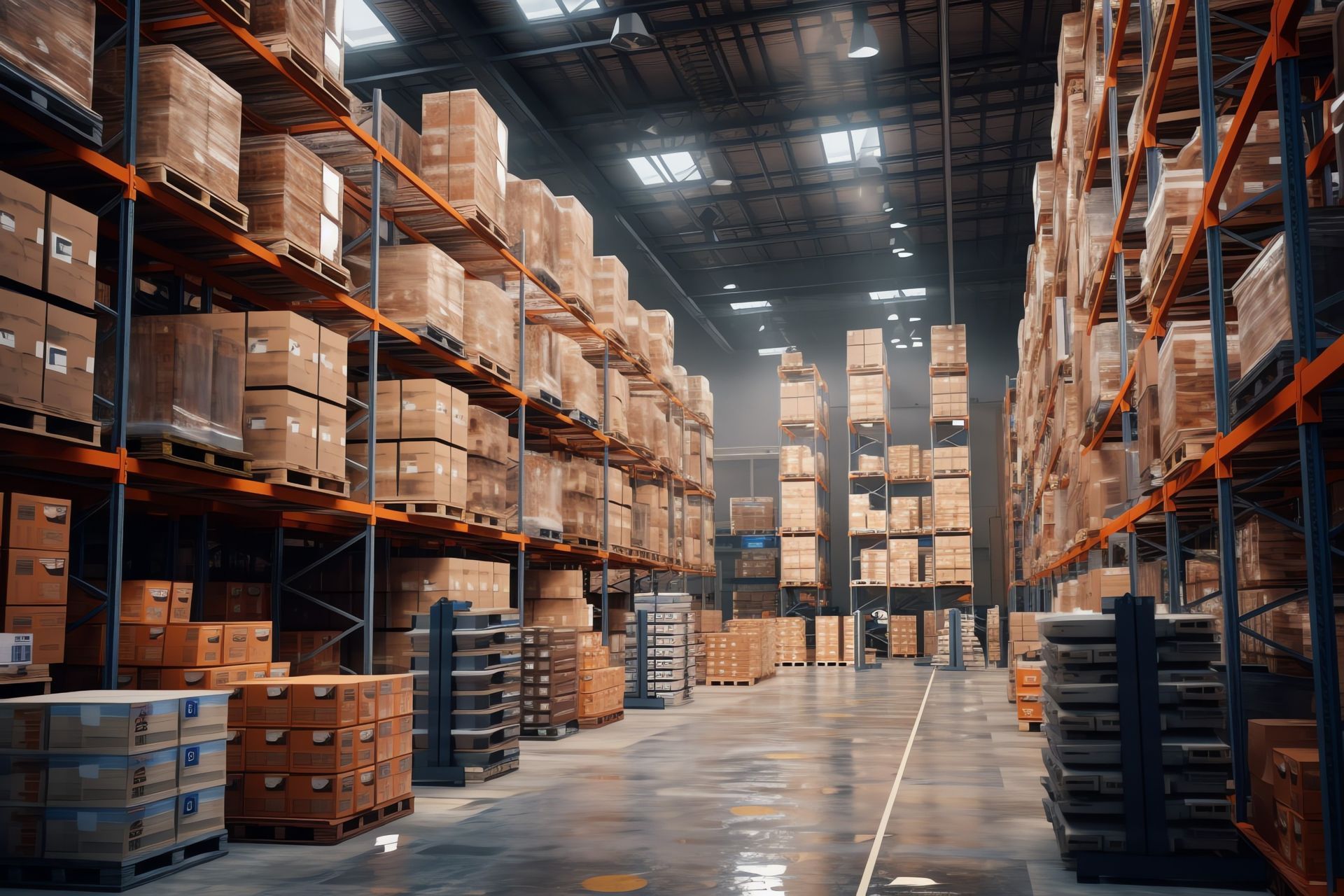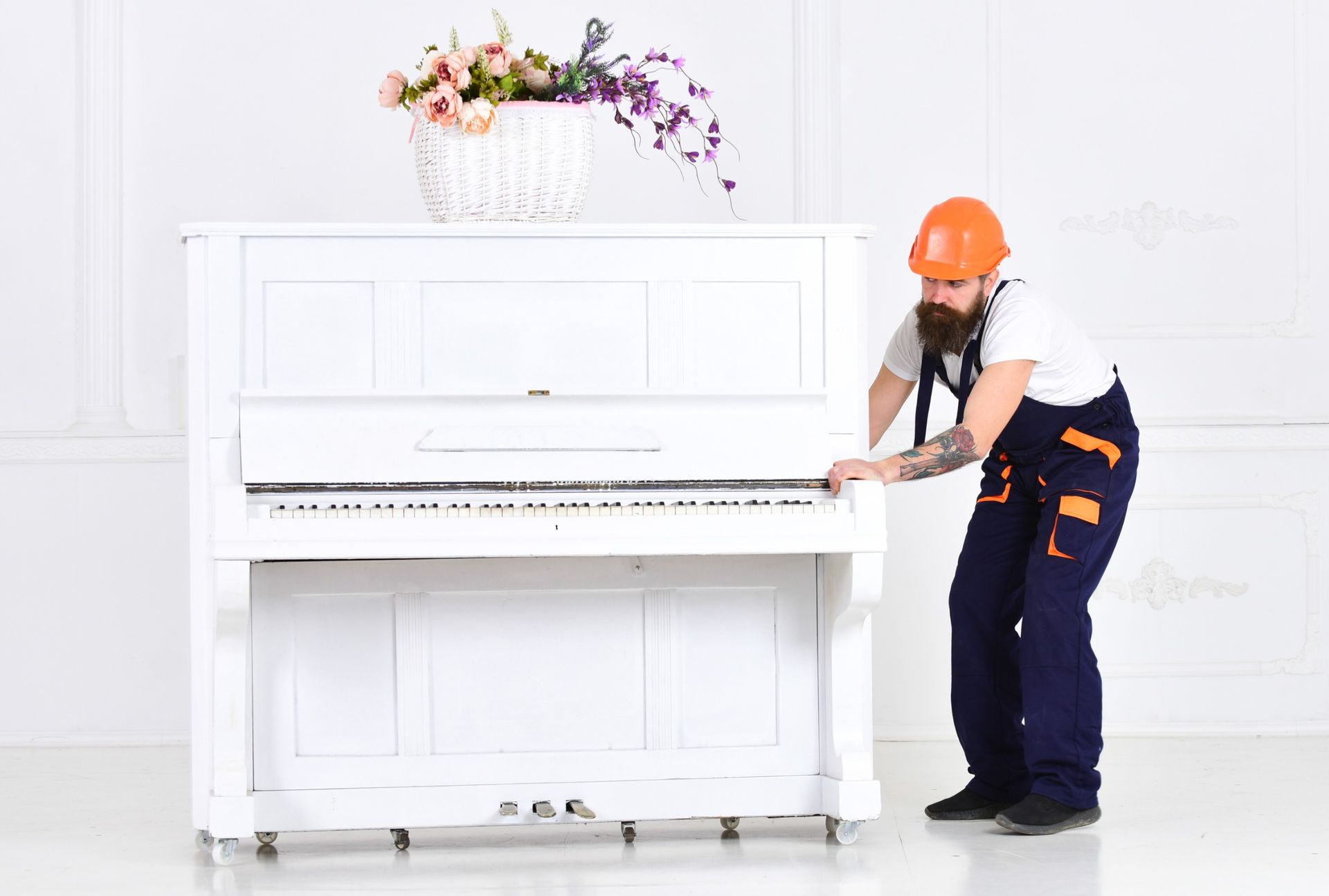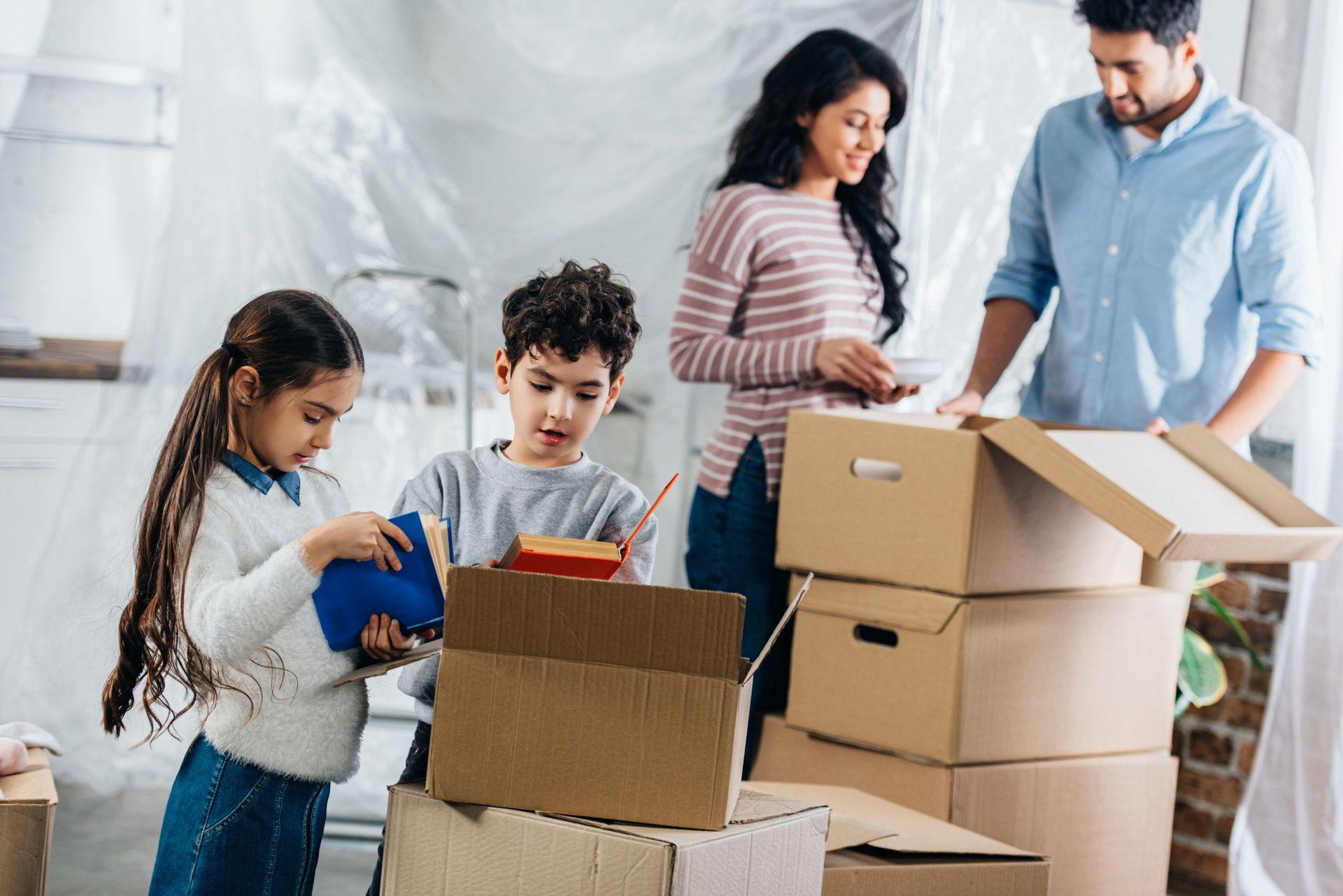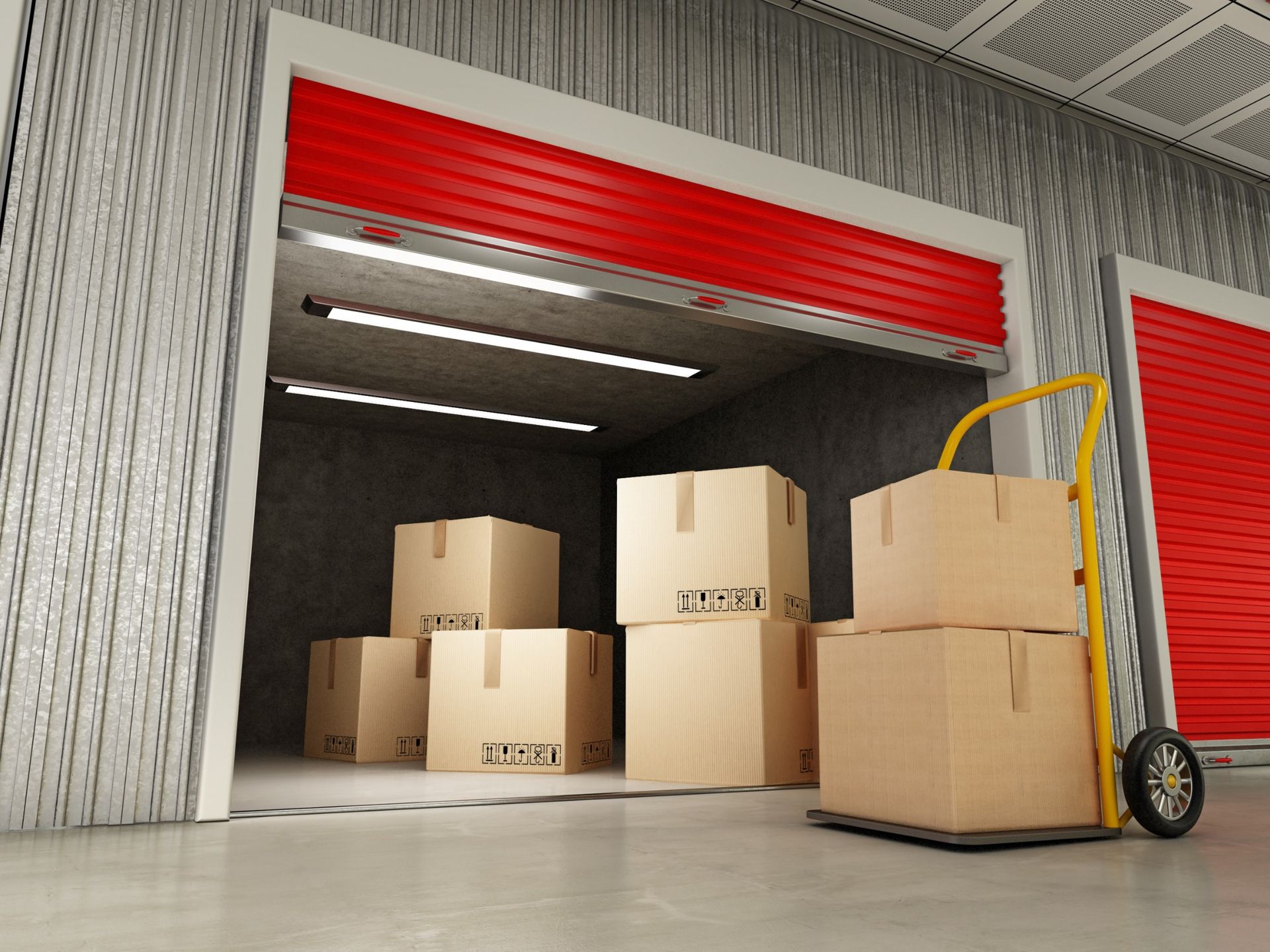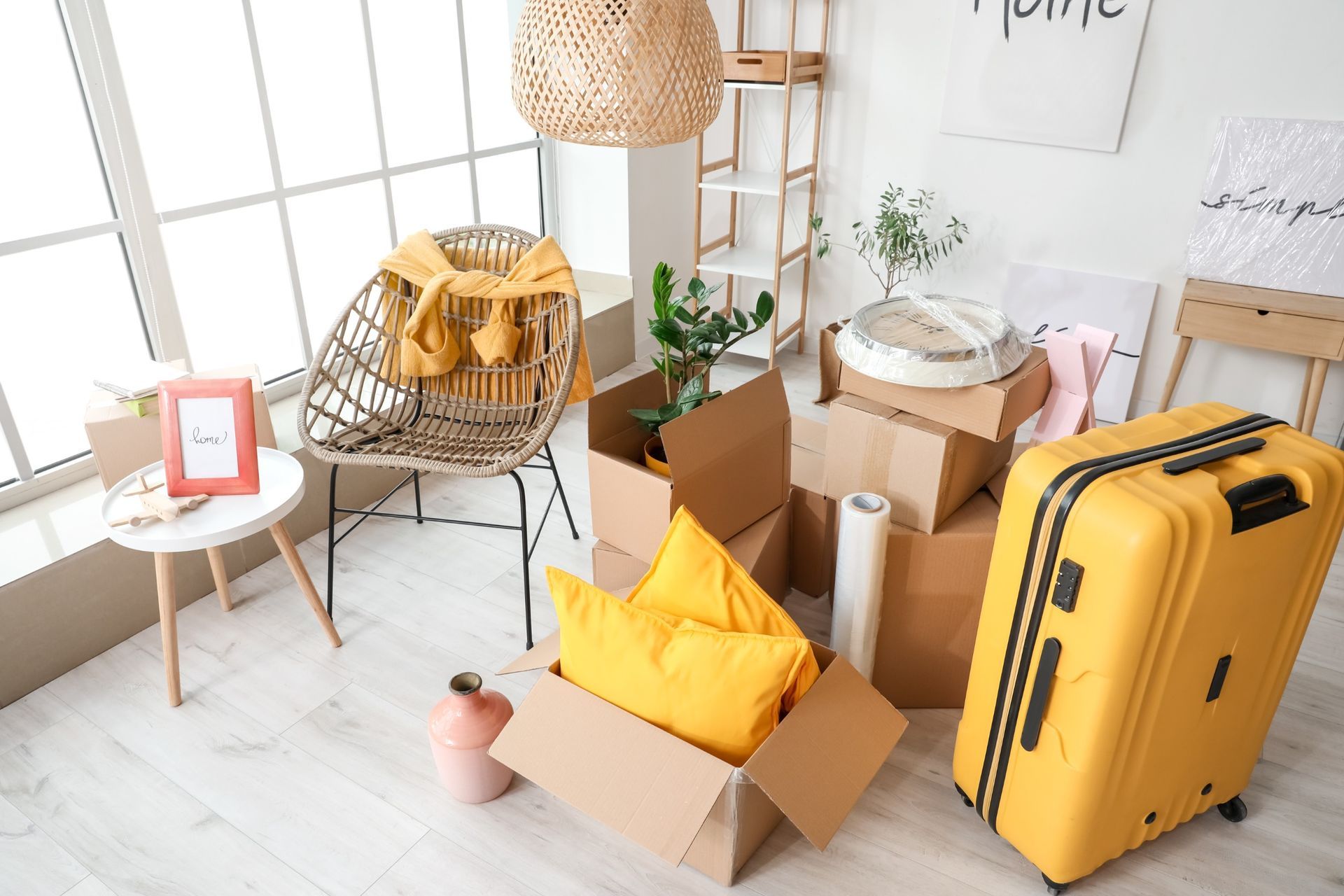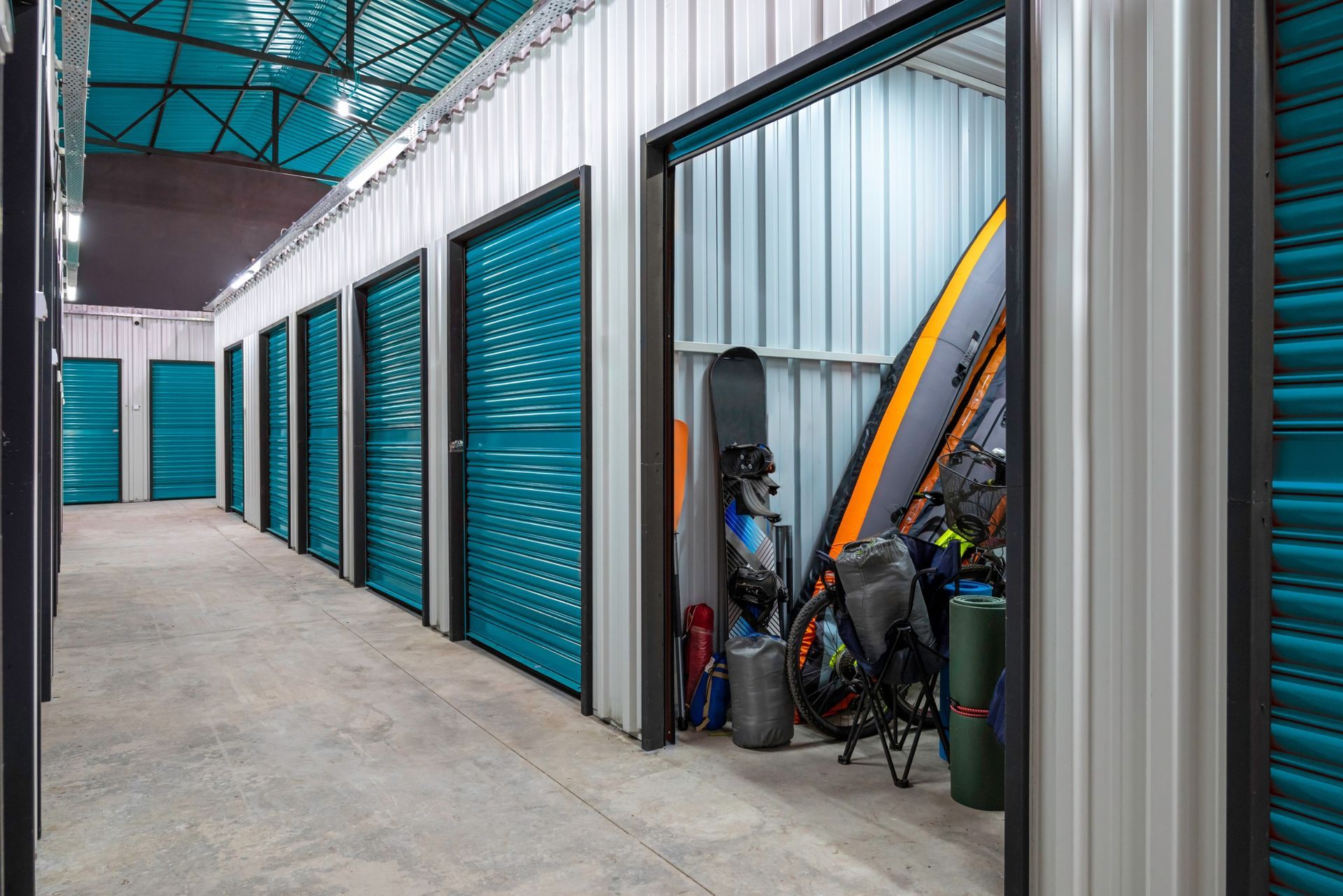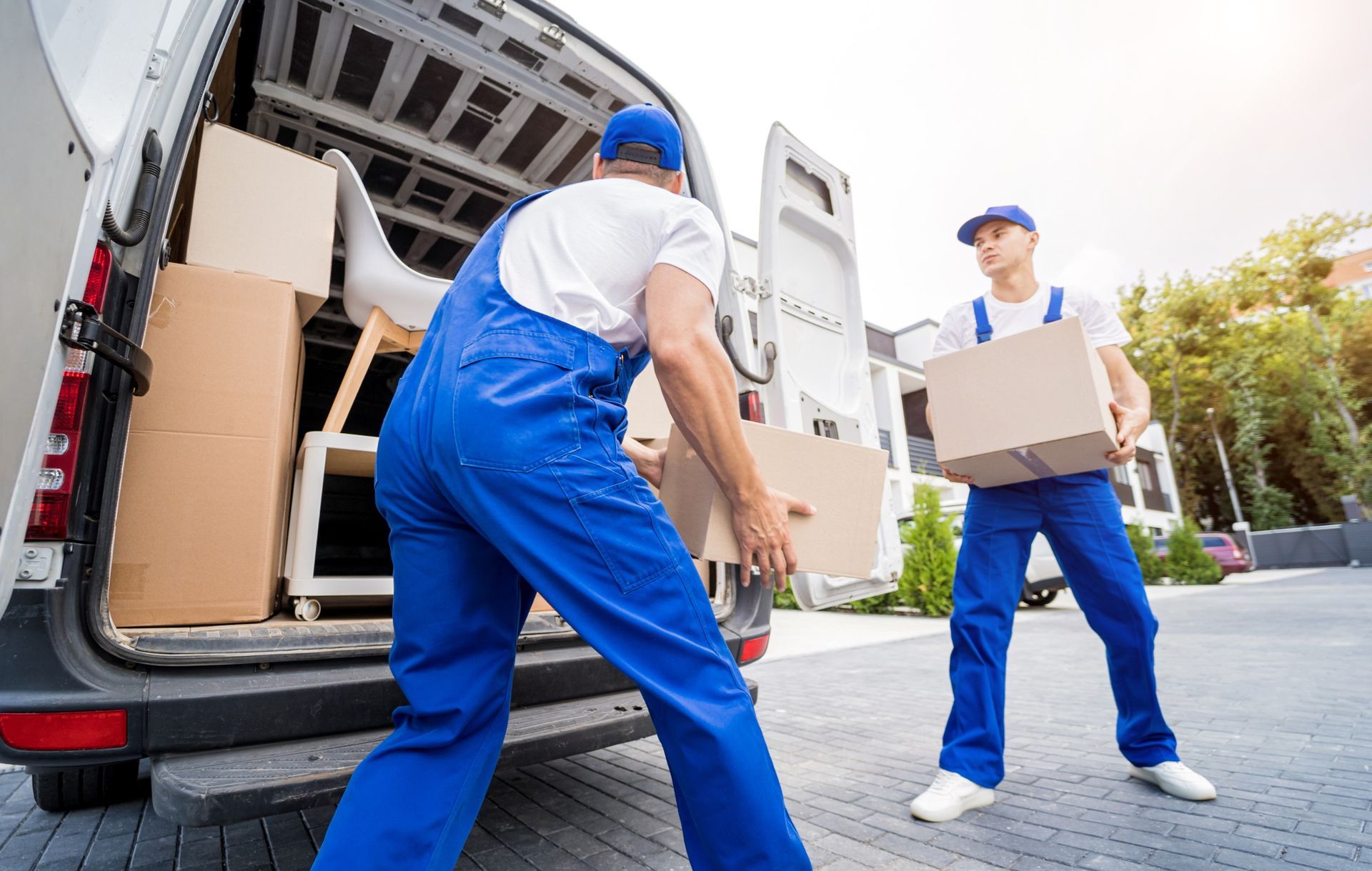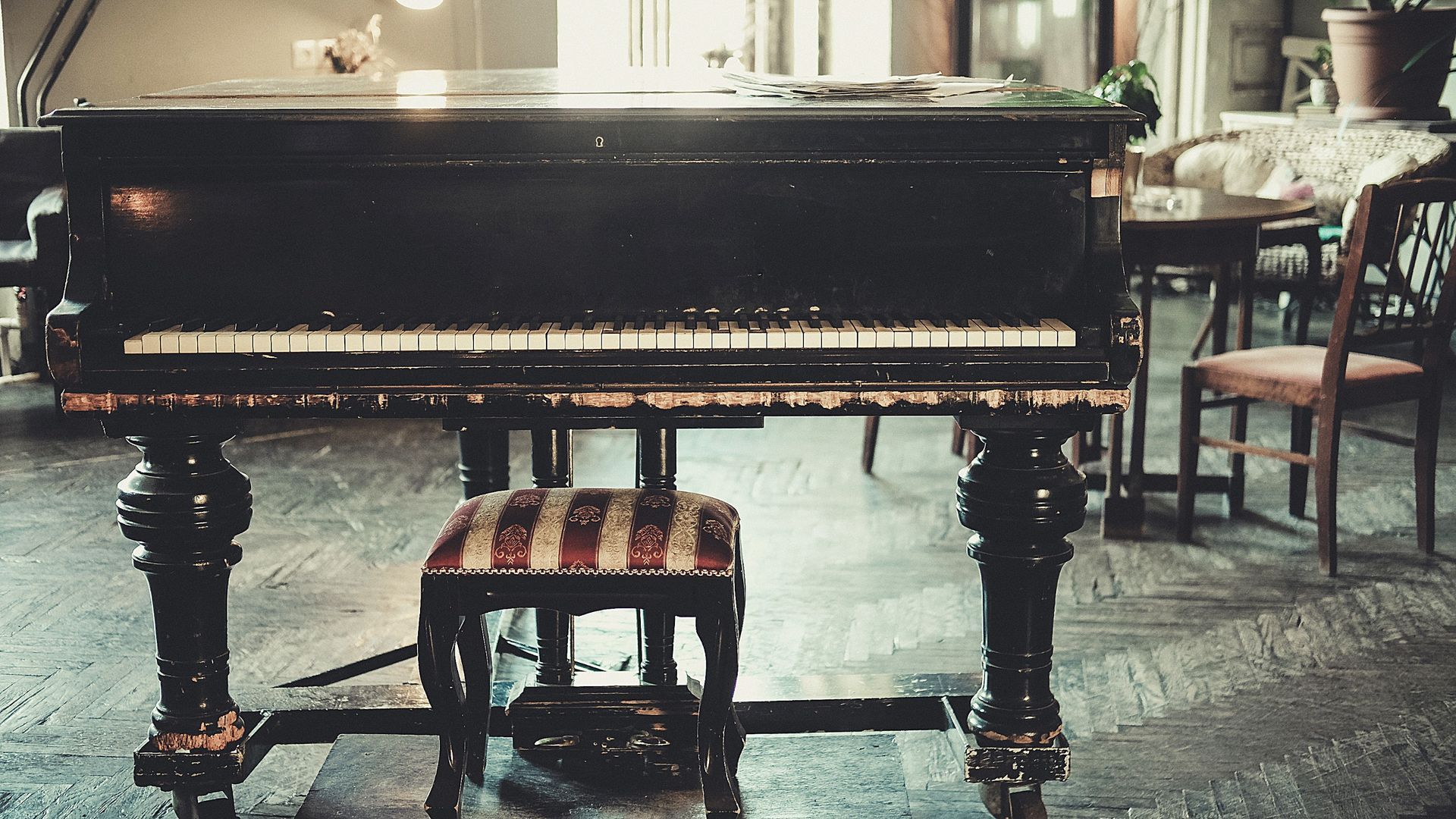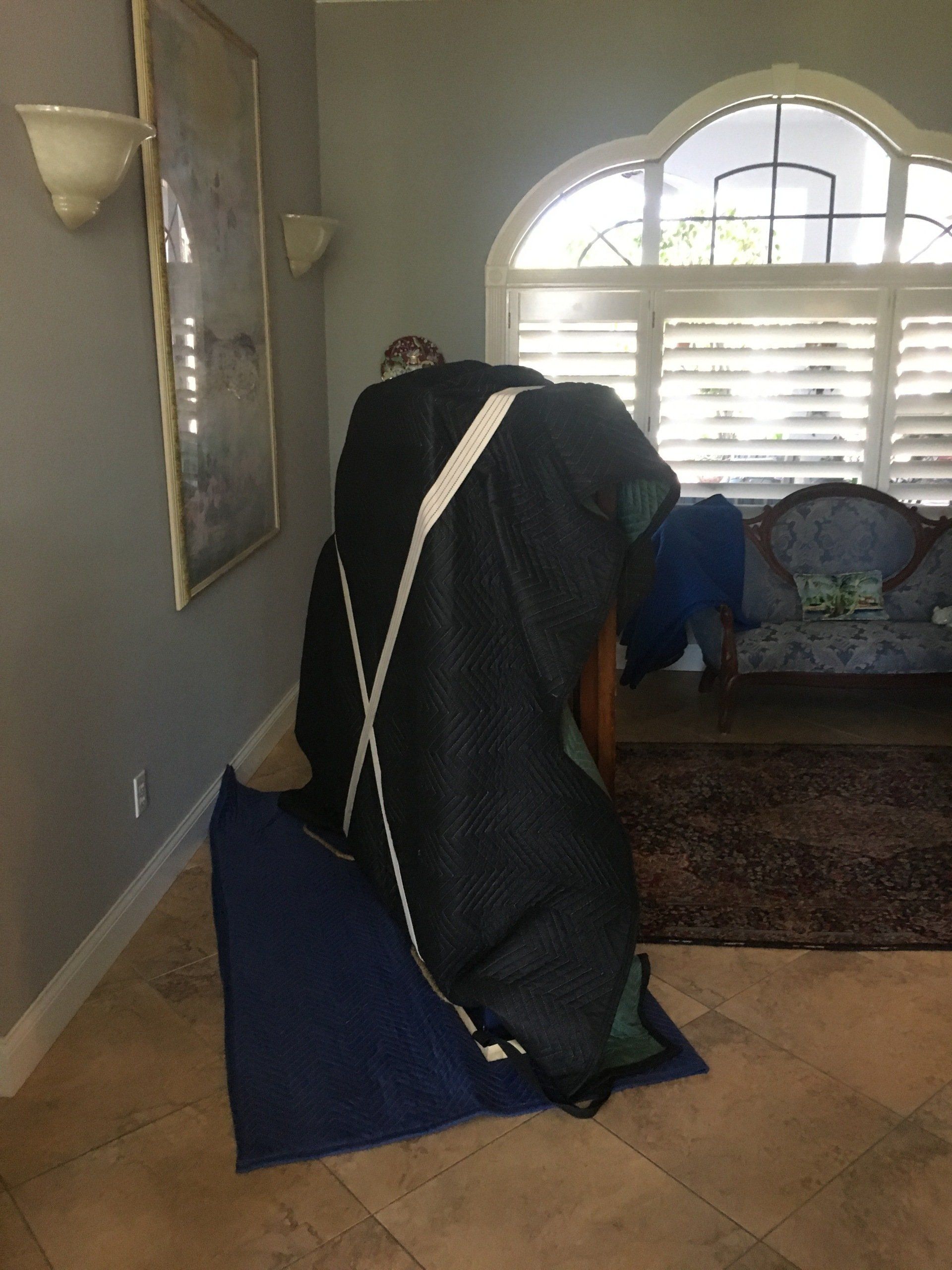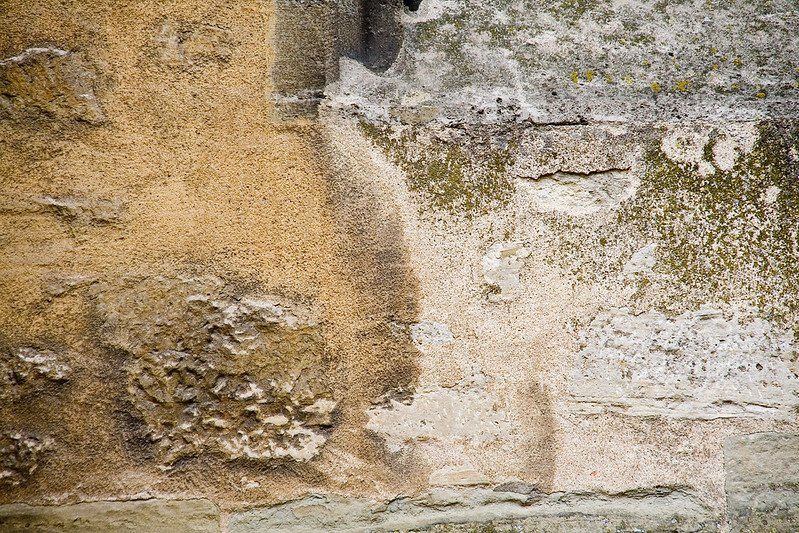The Dos And Don'ts Of Storing A Piano in A Storage Unit
When it comes to preserving your precious piano, there are a few essential pieces of advice you need to follow to keep the instrument safe and sound. Whether it's protecting the exterior, preparing for long-term storage, or looking ahead toward transportation considerations, we've got you covered with our comprehensive guide about storing a piano in a storage unit.
Keep reading to learn more about everything that goes into making sure your piano is preserved for years of happy music-making!
Do's of Storing a Piano in a Storage Unit
1. Do Pick a Climate-Controlled Unit
Pianos are delicate instruments that are sensitive to changes in temperature and humidity. Extreme fluctuations can cause the wood to warp and the strings to snap, thereby damaging your piano permanently.
Therefore, it's essential to opt for a storage unit with climate control. This feature maintains a consistent temperature and humidity level, protecting your piano from moisture damage and preventing the wood from expanding or contracting.
2. Do Use a Cover for Your Piano
It's crucial to use a cover for your piano when storing it, as this will protect the instrument from dust and scratches. Consider using a thick, padded cover that is specially designed for pianos.
These covers are built to safeguard the piano keys, the wooden surface, and the intricate internal mechanisms from dirt, debris, and any potential damage that could be caused by objects moving around in the storage unit.
3. Do Elevate Your Piano
It's essential to keep your piano off the floor of the storage unit. By elevating the instrument, you are providing an extra layer of protection from any potential water damage caused by flooding or spills.
Use sturdy blocks or a platform to lift the piano above the ground. This tactic also keeps the piano safe from dust or pests that might be present on the floor. Remember to ensure the platform is stable before placing the piano to prevent accidental tipping or falling.
4. Do Regular Check-ups
Despite all precautions you take, it's prudent to regularly inspect your stored piano. This proactive approach allows you to identify and address any potential issues at an early stage, ensuring the long-term health of the instrument.
It's recommended to schedule these check-ups every month, or more frequently if possible. During these inspections, look for signs of moisture damage, pest infestation, and dust accumulation. Don't forget to examine the piano cover for any wear and tear and also check the stability of the platform or blocks on which the piano is elevated.
5. Do Hire Professional Movers:
Pianos are heavy and intricately constructed, making them challenging to move without causing potential damage. Hiring professional movers who are experienced in handling pianos is a smart move.
These experts are equipped with the necessary tools and skills to safely transport your piano into the storage unit. They are aware of the precautions needed to prevent any harm to the delicate internal mechanisms and the external surface of the piano.
Moreover, professional piano movers are usually insured, providing an added layer of financial protection in the unlikely event of damage during the move.
Don'ts of Storing a Piano in a Storage Unit
1. Don't Store Items on the Piano:
Never treat the piano as a storage shelf, no matter how sturdy it may seem. Placing items, even light ones, on the piano can lead to scratches, dents, or more serious damage to the sensitive wooden surface.
Furthermore, objects resting on the piano may affect the internal structure over time, causing potential harm to the instrument's sound and performance. Always remember, the piano is a precision instrument, not a piece of furniture for storage.
When storing a piano in a storage unit, ensure the instrument stands alone, clear of any objects that could accidentally fall or be placed onto it.
2. Don't Forget to Lock the Keyboard Lid
The keyboard is one of the most sensitive parts of a piano, and it's crucial to protect it when storing the instrument. Therefore, always ensure that the keyboard lid is closed and locked, if possible, before moving the piano into the storage unit.
This measure prevents the keys from being exposed to dust, moisture, and accidental damage. If your piano doesn't have a lockable keyboard lid, consider using a secure, fitted cover that wraps around the keys.
This additional protection will maintain the integrity of the keys and guard against any potential harm.
3. Don't Use a Damp Cloth to Clean:
It might be tempting to use a damp cloth for cleaning the piano, especially if there is visible dust or stains. However, doing so can lead to moisture damage, which is harmful to both the exterior finish and the interior parts of the piano.
Instead, use a dry, soft cloth for dusting the surface of the piano. For stubborn spots, consult a piano professional or consider using a cleaner specifically designed for pianos.
Remember, it's always better to err on the side of caution when maintaining your piano's cleanliness and overall health.
Following these dos and don'ts can help you store your piano safely in a storage unit and keep it in pristine condition for years. With the right steps taken, you will be able to enjoy hours of beautiful music. So get ready to start playing - your piano awaits!
About Us
Grand Moving & Storage should be your one-stop destination if you are looking for expert movers to move your piano safely to another location. We specialize in moving pianos of all kinds and have the most advanced equipment to move bulky yet delicate items.
We also provide specialty moving and storage services in Florida. You can reach us at (727) 498-2221 or fill out our contact form to know more. Request a free quote today!
